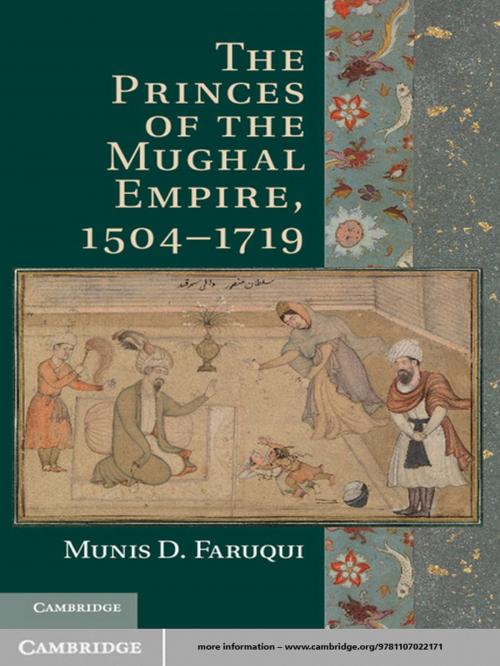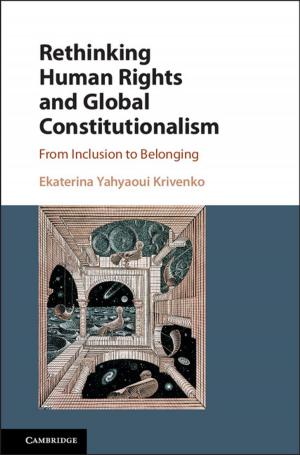The Princes of the Mughal Empire, 1504–1719
Nonfiction, History, Asian, India, Religion & Spirituality| Author: | Munis D. Faruqui | ISBN: | 9781139540186 |
| Publisher: | Cambridge University Press | Publication: | August 27, 2012 |
| Imprint: | Cambridge University Press | Language: | English |
| Author: | Munis D. Faruqui |
| ISBN: | 9781139540186 |
| Publisher: | Cambridge University Press |
| Publication: | August 27, 2012 |
| Imprint: | Cambridge University Press |
| Language: | English |
For more than 200 years, the Mughal emperors ruled supreme in northern India. How was it possible that a Muslim, ethnically Turkish, Persian-speaking dynasty established itself in the Indian subcontinent to become one of the largest and most dynamic empires on earth? In this rigorous new interpretation of the period, Munis D. Faruqui explores Mughal state formation through the pivotal role of the Mughal princes. In a challenge to previous scholarship, the book suggests that far from undermining the foundations of empire, the court intrigues and political backbiting that were features of Mughal political life - and that frequently resulted in rebellions and wars of succession - actually helped spread, deepen and mobilise Mughal power through an empire-wide network of friends and allies. This engaging book, which uses a vast archive of European and Persian sources, takes the reader from the founding of the empire under Babur to its decline in the 1700s.
For more than 200 years, the Mughal emperors ruled supreme in northern India. How was it possible that a Muslim, ethnically Turkish, Persian-speaking dynasty established itself in the Indian subcontinent to become one of the largest and most dynamic empires on earth? In this rigorous new interpretation of the period, Munis D. Faruqui explores Mughal state formation through the pivotal role of the Mughal princes. In a challenge to previous scholarship, the book suggests that far from undermining the foundations of empire, the court intrigues and political backbiting that were features of Mughal political life - and that frequently resulted in rebellions and wars of succession - actually helped spread, deepen and mobilise Mughal power through an empire-wide network of friends and allies. This engaging book, which uses a vast archive of European and Persian sources, takes the reader from the founding of the empire under Babur to its decline in the 1700s.















